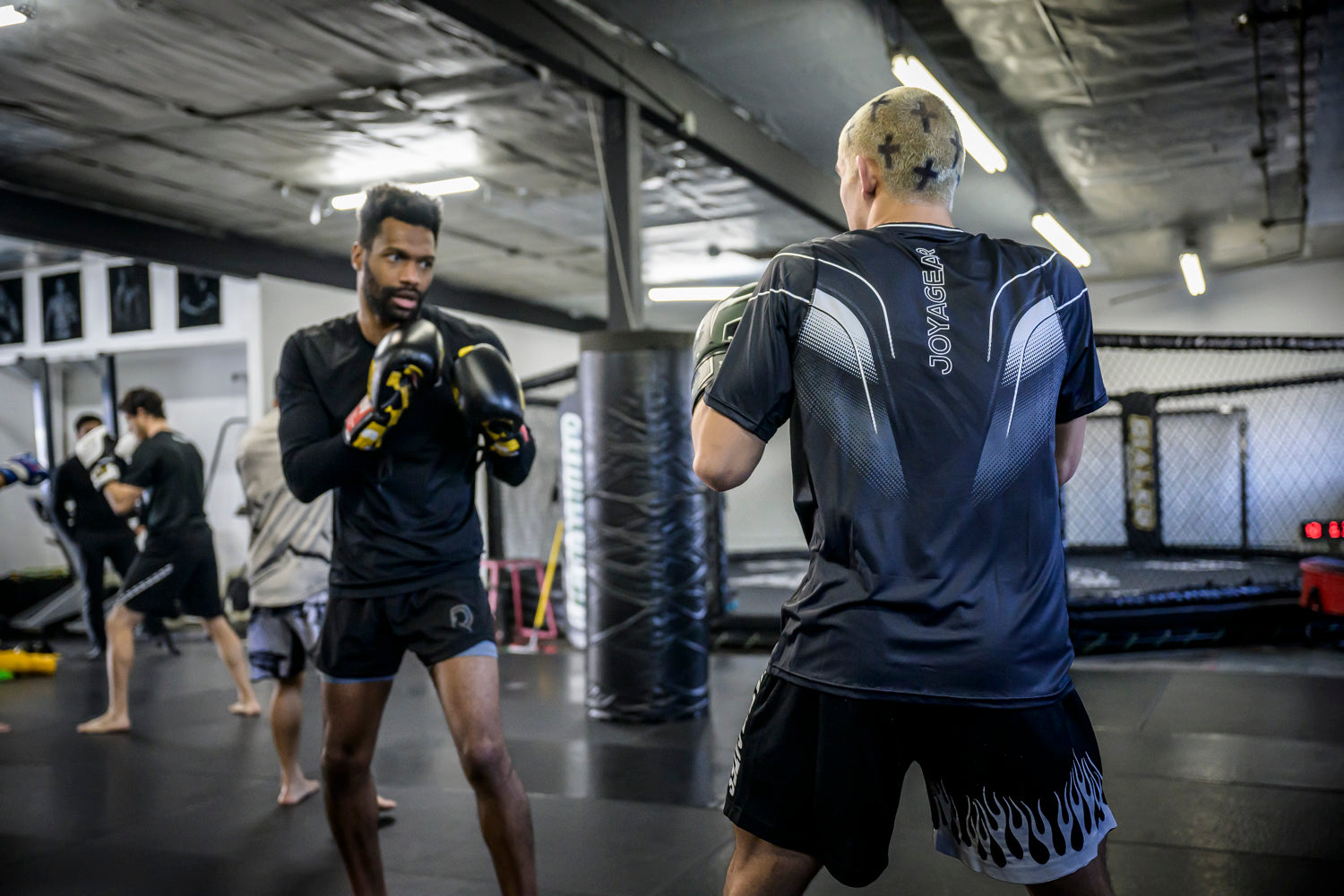How do you become better at martial arts?

Martial arts is more than just a sport. It’s a lifestyle, a test of both body and mind, and a journey toward mastery. Whether you train to excel in competition, improve your self-defense skills, or simply become stronger and more resilient — the key to progress lies in how you train, how you think, and how you take care of your body. But how do you really get better at martial arts? This article takes you through the essential principles that separate the average fighter from the true warrior.
1. Consistency Above All
Talent can give you a head start, but discipline is what determines who leaves the ring victorious. The best fighters aren’t always the most naturally gifted, but the ones who show up every day — even when they don’t feel like it. Progress in martial arts requires commitment. It must become a non-negotiable part of your routine. Even a short, focused training session is better than none at all.
Your body and mind need repetition to improve. Every training builds on the last, strengthening not just your physical conditioning but also your mental resilience. Remember: success in the ring doesn't come from training hard once in a while, but from pushing your limits consistently. Make training a non-negotiable appointment with yourself, and the results will follow.
2. Technique Beats Power
A strong punch without proper technique is like a blank shot — it lacks precision and impact. Martial arts isn’t just about brute force, but about efficiency and smart movement. A well-placed, technically sound strike can do far more damage than a wild swing. That’s why it's crucial to always work on your stance, balance, speed, and accuracy.
Take legends like Muhammad Ali and Floyd Mayweather as examples. Their power didn’t come from muscle alone, but from tactical and technical mastery. Their movements were calculated, and their technique refined to perfection. This is why returning to the basics and perfecting fundamental techniques over and over is so important. Remember: repetition and patience lead to mastery.
3. Train Smart, Not Just Hard
Many beginners believe they need to train non-stop to improve. But progress doesn’t come from hard work alone — it comes from smart work. Listening to your body is essential. Overtraining without enough recovery can lead to burnout, injuries, and even a drop in performance.
A balanced training plan includes intense sessions along with proper rest and recovery. Stretching, strength training, and mobility work all help build a stronger, more resilient body. By training strategically, you’ll not only be able to push harder, but also train longer and more consistently without burning out. Don’t rely on brute effort alone — approach your training with purpose and sustainability.
4. Your Mental Game Is Just as Important
In the ring and on the mat, it’s not just the fittest athlete who wins — it’s the one with the strongest mindset. Confidence, focus, and mental toughness play a crucial role, especially under pressure. A strong mind can be the difference between victory and defeat, between getting back up and giving up.
Training your mental strength is just as important as training your body. Breathing exercises, visualization, and meditation are powerful tools for sharpening focus and staying calm. Before a fight or sparring session, visualizing the successful execution of your techniques can help boost confidence. The better prepared you are mentally, the stronger you’ll be when it counts.
5. Nutrition & Recovery: The Key to Longevity
Your body is your weapon, and how you care for it determines how well it performs. Good nutrition and proper rest are just as essential as your workouts. Without the right fuel and recovery, your body won’t perform at its best — and your injury risk increases.
Focus on a balanced diet with enough protein for muscle repair, healthy fats for energy, and complex carbs for endurance. Don’t forget to stay hydrated. And aim for at least 7–8 hours of sleep per night to let your body fully recover and come back stronger. The best fighters know that rest isn’t weakness — it’s a smart strategy to stay sharp and strong.
6. The Right Gear Makes All the Difference
Every fighter knows that quality gear can make a world of difference. Poor equipment doesn’t just hurt your performance — it can also put unnecessary strain on your body. Investing in good martial arts gear is a smart move.
Proper gloves protect your knuckles and wrists, shin guards prevent injuries, and the right clothing ensures freedom of movement. At Joyagear, we believe every fighter deserves the best gear to get the most out of their training. Check out our collection and train with confidence.
7. Do Your Research & Study the Art
One of the best ways to improve in martial arts is to fully immerse yourself in the discipline. Study techniques, strategies, and the fighting styles of the greats in your field. Watch fights — not just for entertainment, but as learning opportunities. Analyze how pro fighters move, how they attack and defend, and how they use tactics against their opponents.
It also helps to read books and articles on technique, mindset, and training. Expanding your knowledge gives you a deeper understanding of the sport — and that understanding can elevate your own performance. Smart fighters are not just physically strong but mentally sharp and well-informed.
Check out this shadow boxing workout and practice at home!
Final Thought: Get 1% Better Every Day
The journey to mastery in martial arts is a constant evolution. Small, daily improvements add up to massive results over time. Don’t just train harder — train smarter. Stay focused, invest in yourself both physically and mentally, and keep learning from the best.
Ready to take your skills to the next level?
Explore the latest gear at Joyagear and take the next step on your martial arts journey today!
Curious about more of our blogs?
Read them here!
0 comments


